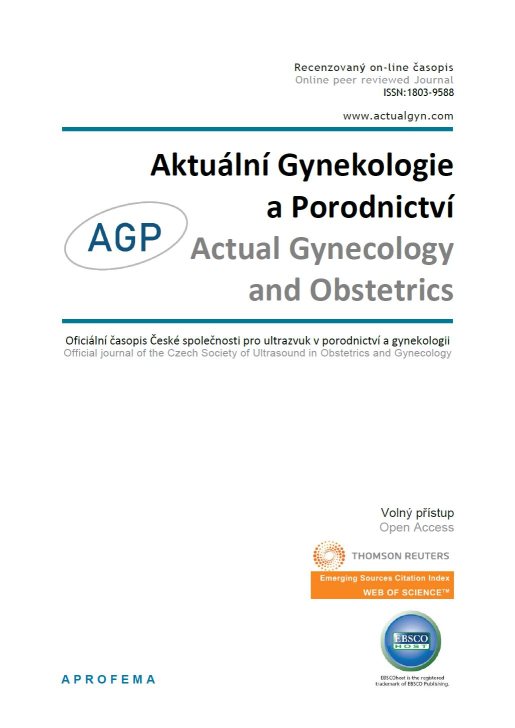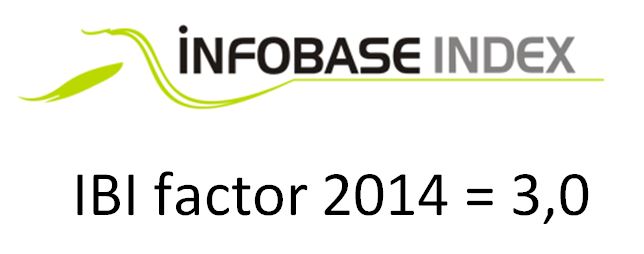Abstrakt
Introduction and Objective: Folate (vitamin B9) supplementation during pregnancy to prevent neural tube defects (NTDs) in the fetus is a widely accepted standard of care. Folate is also vital for maintaining proper brain function. Additionally, folic acid works in conjunction with vitamin B12 ro produce red blood cells and aids in the proper functioning of iron in the body. The most effective form of folate supplementation remains a topic of ongoing discussion. This review aims to collect information on the effects of folic acid and its derivatives on reproductive health.
Review and Methods: Review and summary of available studies found in open-access formats on Google Scholar and PubMed.
State of Knowledge: Folic acid is well-established as a preventive measure against NTDs during pregnancy. However, the debate persists over the most effective form of folate supplementation, with a focus on addressing individual genetic variations and specific health needs. Individuals with MTHFR gene variants, which can impair the conversion of folic acid to its active form, 5-MTHF, may experience greater benefits from direct 5-MTHF supplementation rather than traditional folic acid. Studies aim to optimize supplementation strategies, ensuring that they are tailored to enhance efficacy and improve health outcomes for diverse populations.
Conclusions: Folic acid is essential for fetal development and overall health. MTHFR polymorphisms can hinder folate metabolism, raising deficiency risk. In such cases, 5-MTHF supplementation is recommended over folic acid for better absorption and lower cardiovascular risks. Ongoing research is vital for optimizing folate-related health.
Key words: pregnancy, folic acid, neural tube defect, folate, 5-MTHF












 Official publication of the Czech Society of Ultrasound in Obstetrics and Gynecology.
Official publication of the Czech Society of Ultrasound in Obstetrics and Gynecology.
